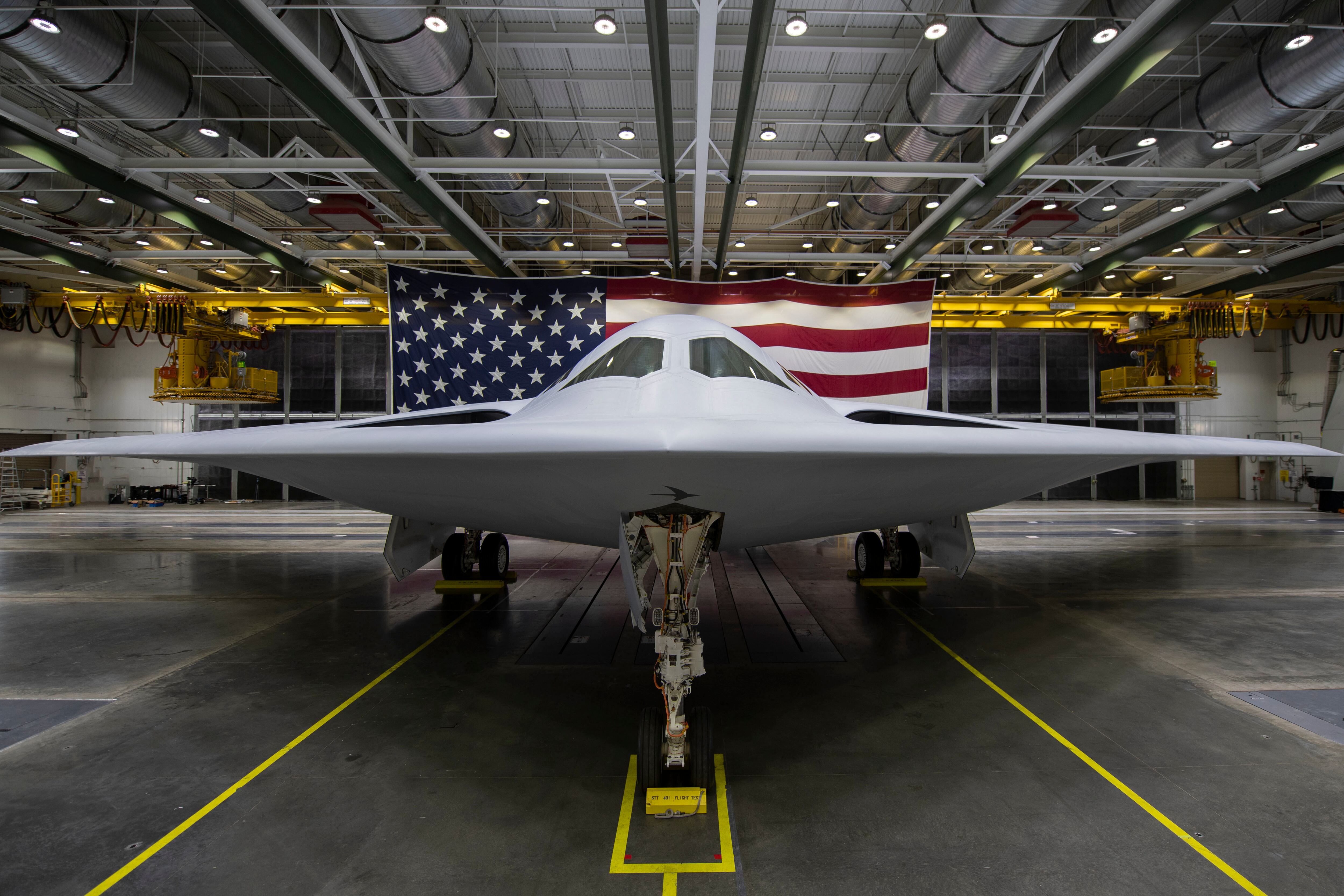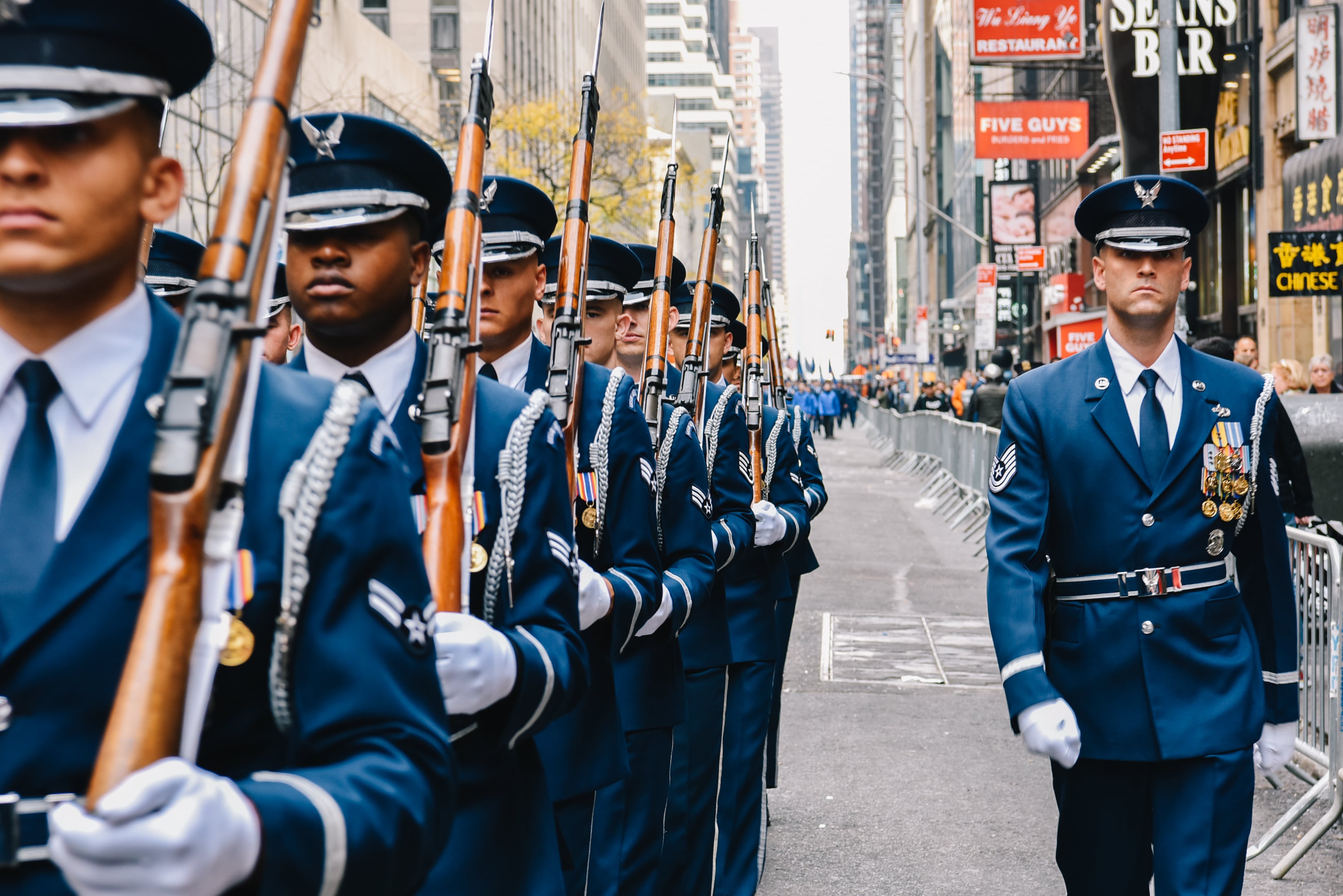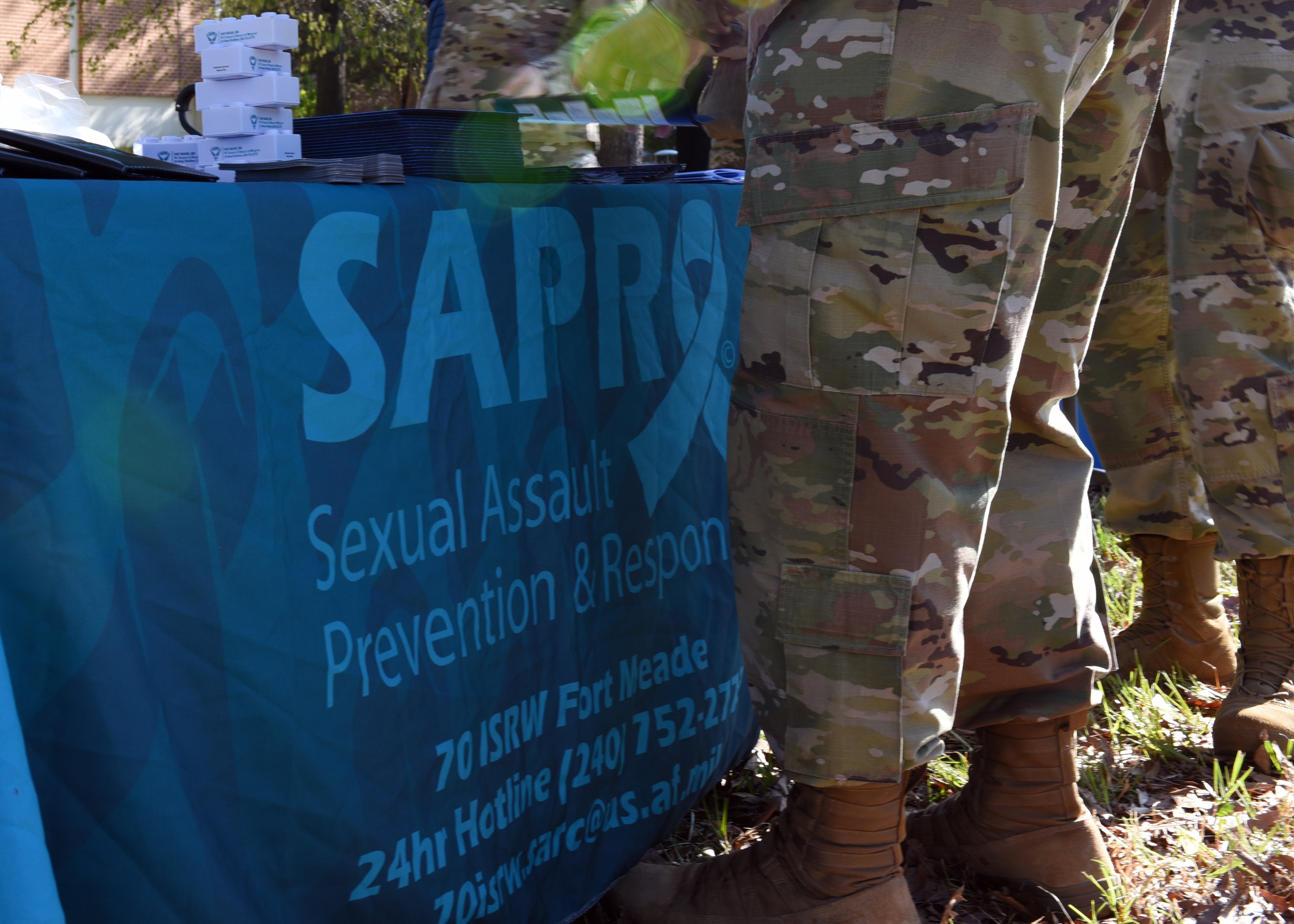WASHINGTON — Northrop Grumman expects the Air Force to award the first production contract for the B-21 Raider stealth bombers later this year.
In an earnings call with analysts Thursday, Chief Financial Officer Dave Keffer said the expected contract will be for the first of five low-rate initial production lots. The LRIP phase is scheduled to run through roughly the end of the decade, he said.
But Keffer said Northrop Grumman and the Air Force are wary of macroeconomic risks — particularly inflation, labor problems and lingering supply chain issues — and are looking for ways to make the program more efficient and manage those concerns as it moves out of the engineering and manufacturing development phase.
Northrop Grumman chief executive Kathy Warden said Wednesday the B-21 is still on track for its first flight later this year, following its “historic” rollout in December.
Warden said “unprecedented” inflation, supply chain disruptions and labor issues have raised the bomber’s cost estimates on its LRIP phase. But cost projections are still coming in below the government’s estimates, she said, and the government continues to support buying at least 100 of the advanced stealth bombers.
Northrop Grumman said in its financial filings it doesn’t see a financial loss on any of these LRIP options as “probable” — but couldn’t rule out a loss of up to $1.2 billion on one or more lots as “reasonably possible.”
Warden said a potential loss would spread out over all five lots, which would help Northrop absorb the blow.
“Inflation clearly is the primary driver there, as we think about what’s changed recently in our estimates, and we are working to mitigate those impacts,” Warden said. “We have some time as we move forward and get into production to continue to do that.”
She said the government is talking with defense firms like Northrop about ways to encourage them to invest in future capabilities, while helping industry weather the risks that come with inflation.
That could lead to less reliance on fixed-price development contracts in the future, she said. The defense industry is now “pushing back” on long-term fixed-price contracts, she said, and asking for the government to reconsider some contracts to take inflation into account.
Many government customers “now understand that shifting too much risk to industry doesn’t support that investment, nor does it deliver the capability they need in a timely fashion,” Warden said. “I expect we’re going to see less fixed-price development going forward.”
Suppliers to Northrop Grumman are also asking the company to take into account how inflation has increased their costs, Warden said. Northrop in turn passes those costs on to the government.
“Really that’s just common sense,” Warden said. “I believe that will become the norm.”
Stephen Losey is the air warfare reporter for Defense News. He previously covered leadership and personnel issues at Air Force Times, and the Pentagon, special operations and air warfare at Military.com. He has traveled to the Middle East to cover U.S. Air Force operations.





